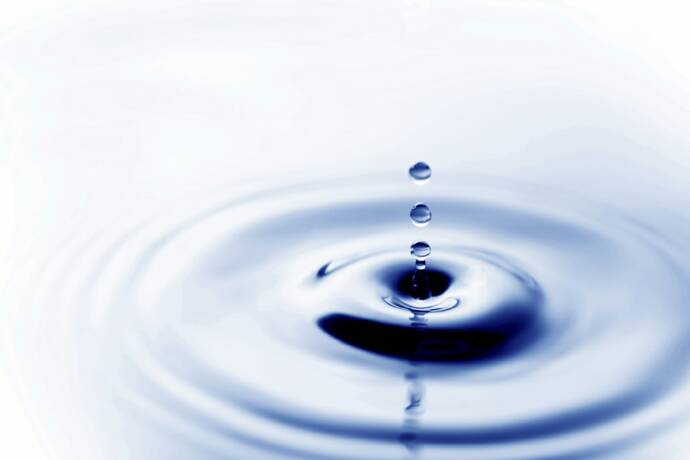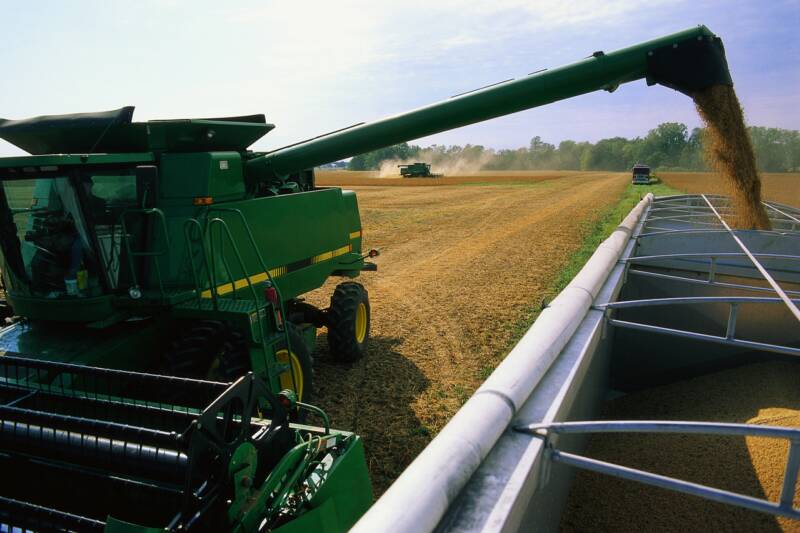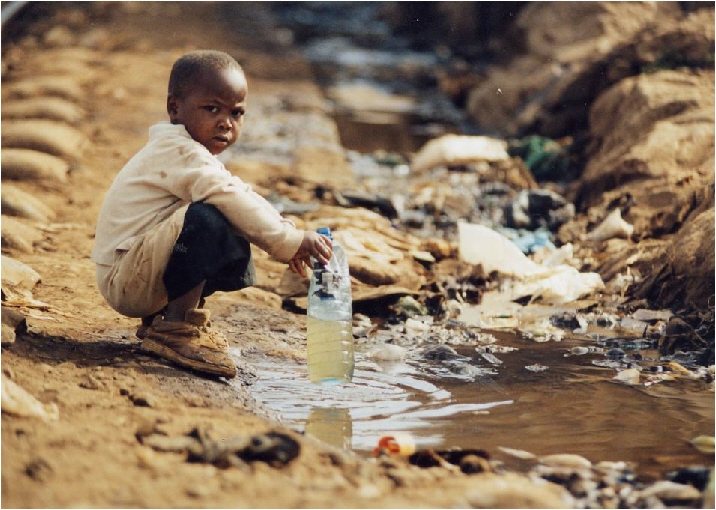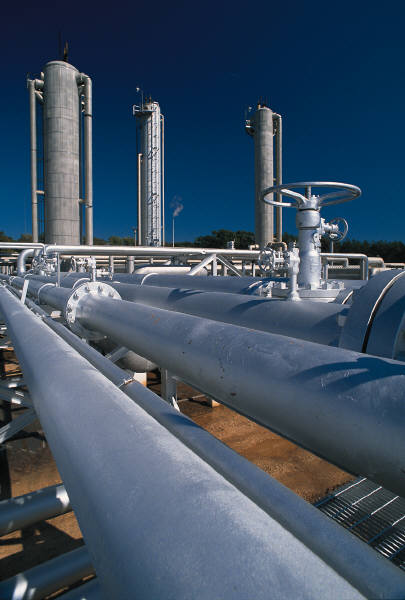

The World Water Crisis:
Water Crisis is a term that refers to the status of the world’s water resources relative to human demand. The term has been applied to the worldwide water situation by the United Nations and other world organizations. The major aspects of the water crisis are overall scarcity of usable water and water pollution.
The Earth has a finite supply of fresh water, stored in aquifers, surface waters and the atmosphere. Oceans are available water, but the amount of energy needed to convert saline water to potable water
is a major problem, explaining why only a very small fraction of the world's water supply derives from desalination.
As the per capita use increases due to changes in lifestyle and as population increases as well, the proportion of water for human use is increasing. This, coupled with spatial and temporal variations in water availability, means that the water to produce food for human consumption, industrial processes and all the other uses is becoming scarce. (Source: http://www.worldwatercouncil.org/index.php?id=25)
Damage to Bio-Diversity
Vegetation and wildlife are fundamentally dependent upon adequate freshwater resources. Marshes, bogs and riparian zones are more obviously dependent upon sustainable water supply, but forests and other upland ecosystems are equally at risk of significant productivity changes as water availability is diminished. In the case of wetlands, considerable area has been simply taken from wildlife use to feed and house the expanding human population. But other areas have suffered reduced productivity from gradual diminishing of freshwater inflow, as upstream sources are diverted for human use. In seven states of the U.S. over 80 percent of all historic wetlands were filled by the 1980s, when Congress acted to create a “no net loss” of wetlands.
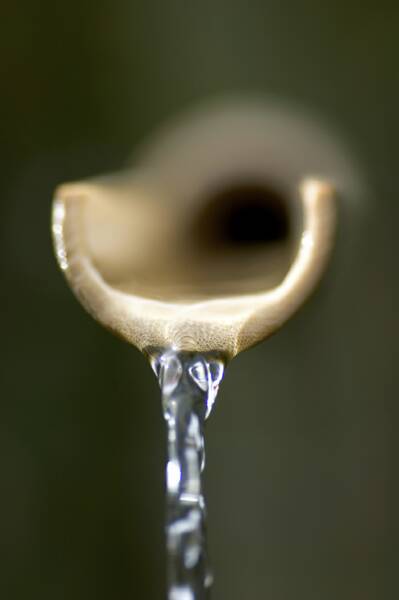
" More than one-half of the world’s major rivers are being seriously depleted and polluted, degrading and poisoning the surrounding ecosystems, thus threatening the health and livelihood of people who depend upon them for irrigation, drinking and industrial water. "
World Commission on Water for the 21st century.
Alternative Energy Specialist
Promoting Renewable Energy Resources
